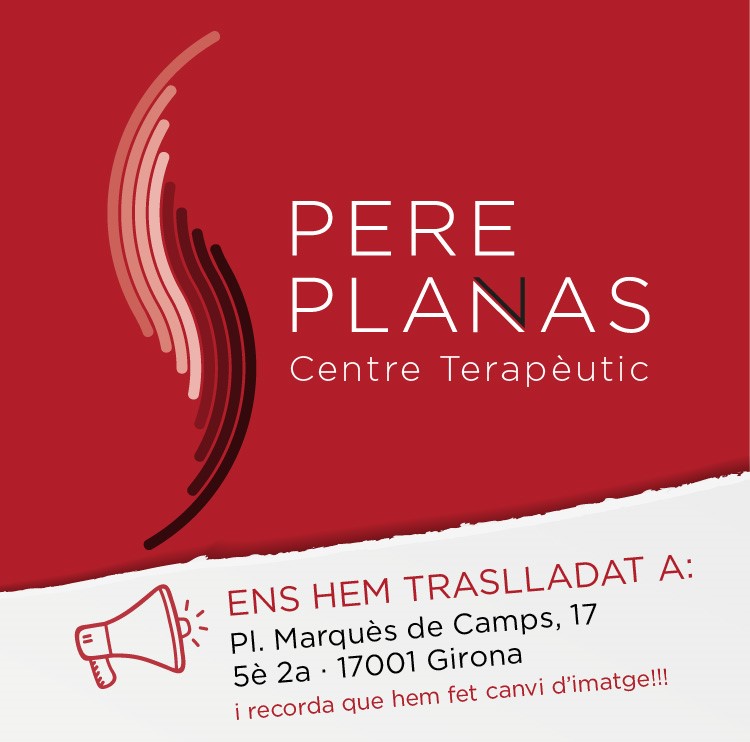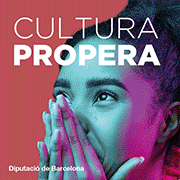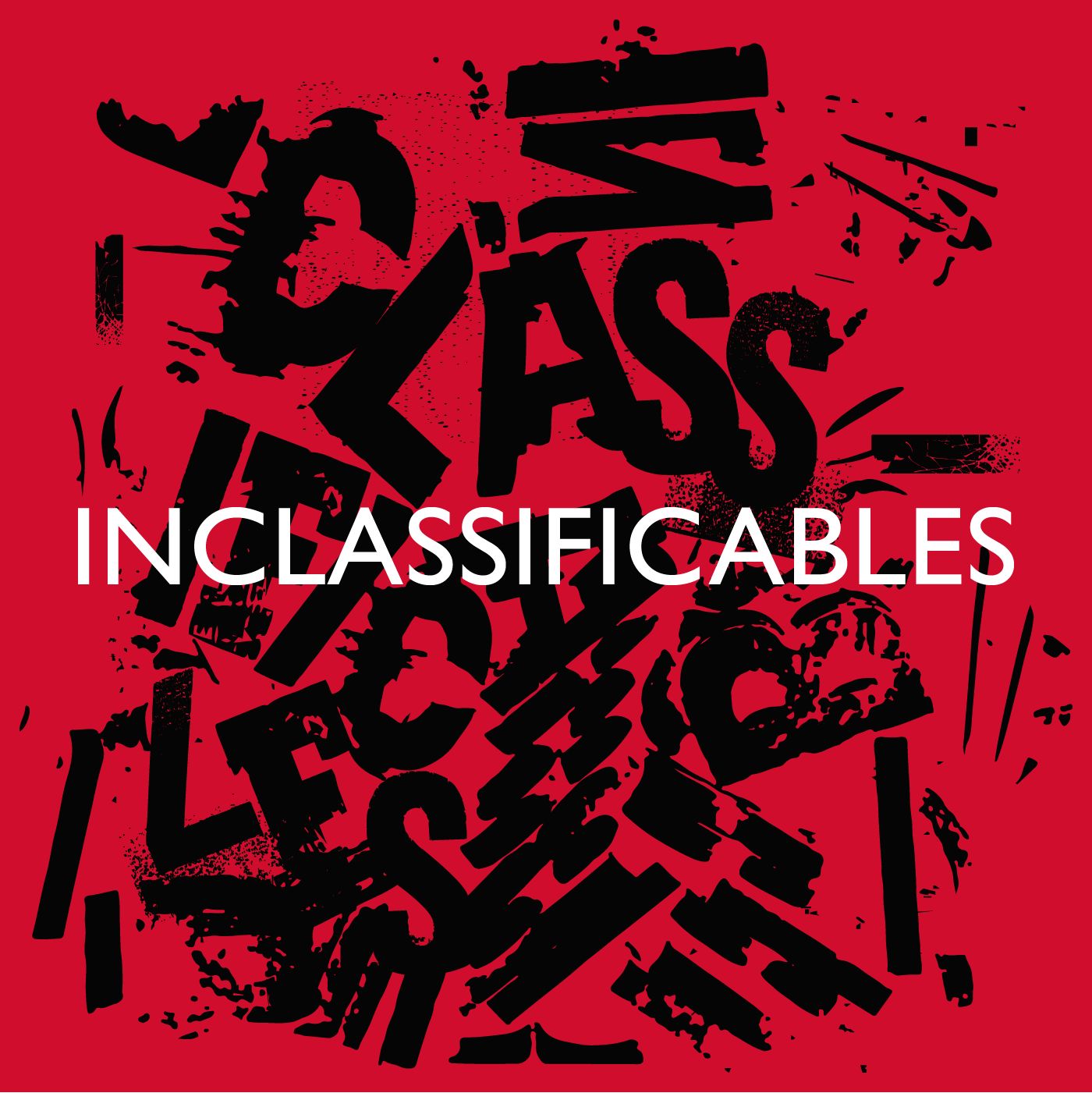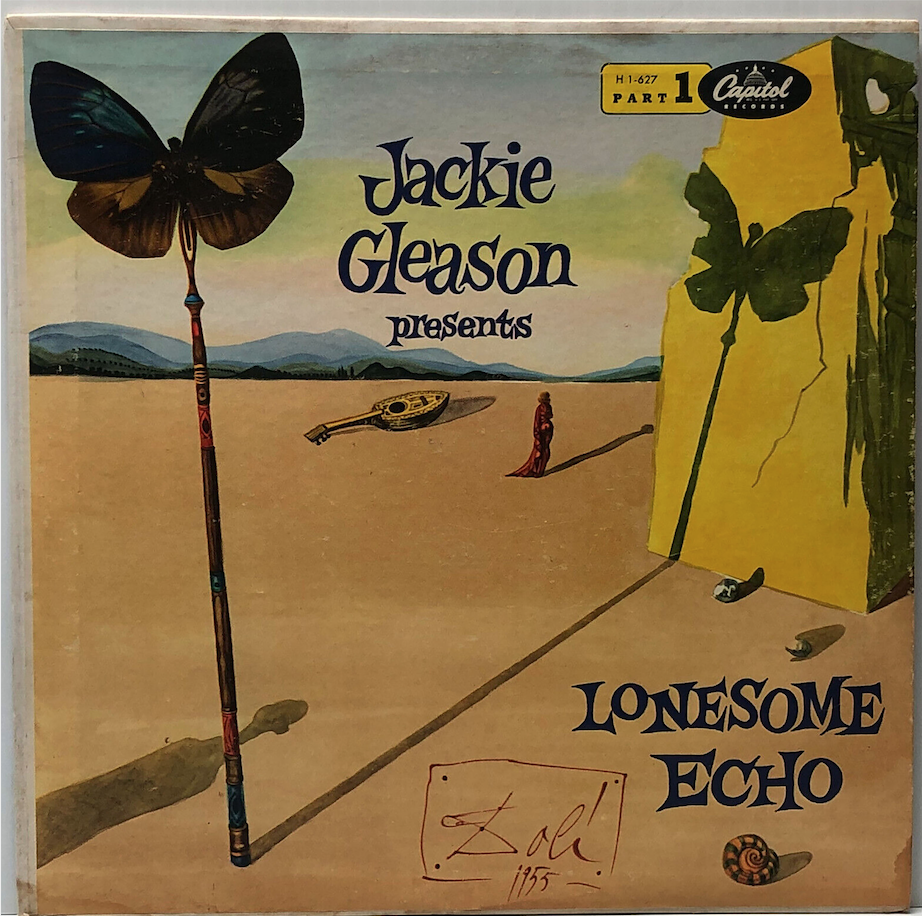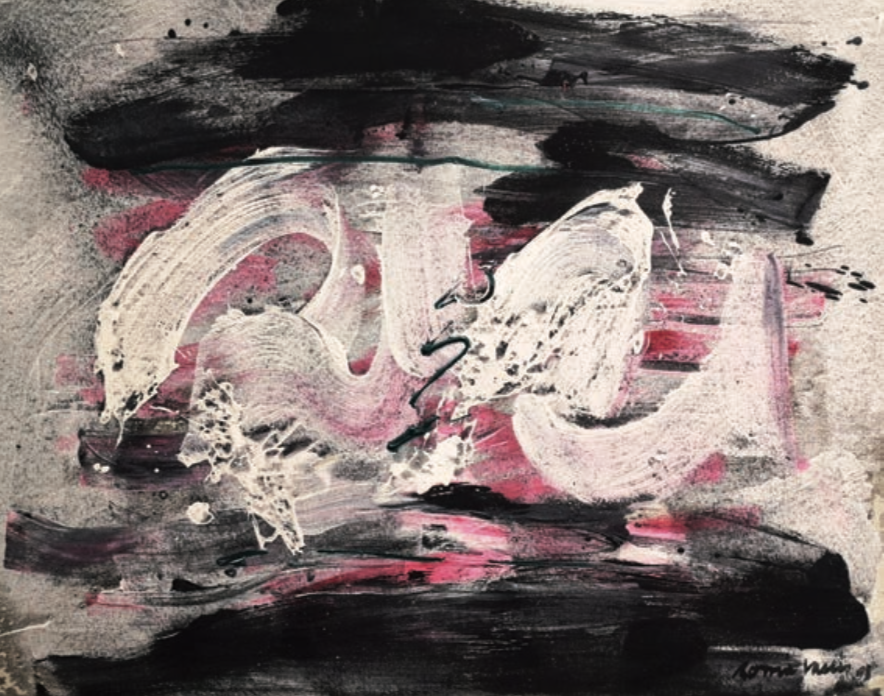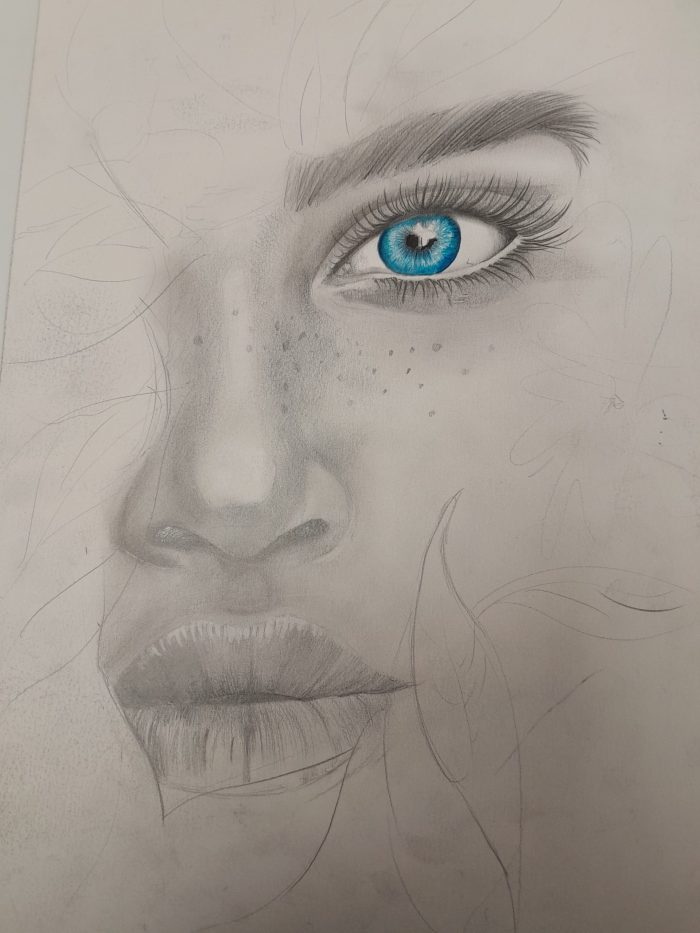Art market
Law of Democratic Memory and restitution of works of Art
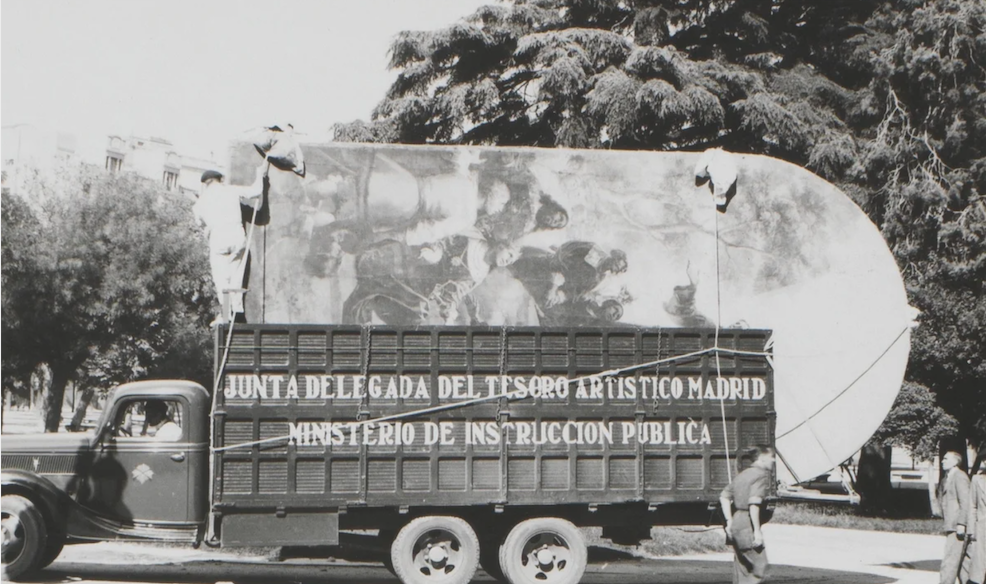
Law 20/2022 of Democratic Memory seeks to recover works of art looted during the war and the Franco dictatorship with an audit.
Last October 20, Law 20/2022 of Democratic Memory was published, which entered into force the very next day. H2: Principles of the Law of Democratic Memory? The law is based on the principles of truth, justice, reparation and guarantee of non-repetition, and above all vindicates the Transition and the defense of democratic values, as well as condemning for the first time the military coup of July 1936 and the dictatorship francist It is about settling a debt that the State owes to all those people who, as a result of the 1936 coup d'état, the Civil War and the subsequent Franco dictatorship, suffered persecution or violence for political, ideological or conscience reasons or religious belief, sexual orientation and identity.
Historical condemnation of the military coup of 1936 and the Franco Dictatorship with the Law of Democratic Memory
Article 31 of the law, relating to "seizures of assets and economic sanctions", regulates a right to "recovery of seized assets". Among these seized goods are works of art. We must bear in mind that during the Civil War and the post-war period, the greatest movement of works of art took place in Spain. The government of the Republic launched a policy of confiscation, deposit and evacuation of the most important works (for example, about 500 pieces from the Prado Museum), and subsequently the National Artistic Heritage Defense Service was responsible of returns. But with the Franco regime these returns were paralyzed and altered. Professor Arturo Colorado Castellary has thoroughly investigated the matter and has discovered that in the return of the national artistic heritage there were numerous deviations in the return of works of art to their rightful owners. Practically 40% of the protected national artistic treasure was not returned to its owners by the Franco regime, and therefore numerous Spanish national museums exhibit work stolen by the Franco regime.
The involvement of the State in the audit process according to the Law of Democratic Memory
Article 31 of the Democratic Memory law establishes that "the State must promote the necessary initiatives for the investigation of confiscations produced for political, ideological reasons, of conscience or religious belief during the war and the dictatorship and, in in particular, he must conduct an audit of the goods looted in this period, including works of art, paper money or other fiduciary signs deposited by the Francoist authorities". This audit must be carried out within one year of the entry into force of this law. Once the audit has been completed, the possible ways of recognizing those affected must be implemented. Although the progress that this law represents is obvious, it will be essential to assess the real involvement of the State in the audit process and, above all, the ways that are implemented to return works of art to their rightful owners.


